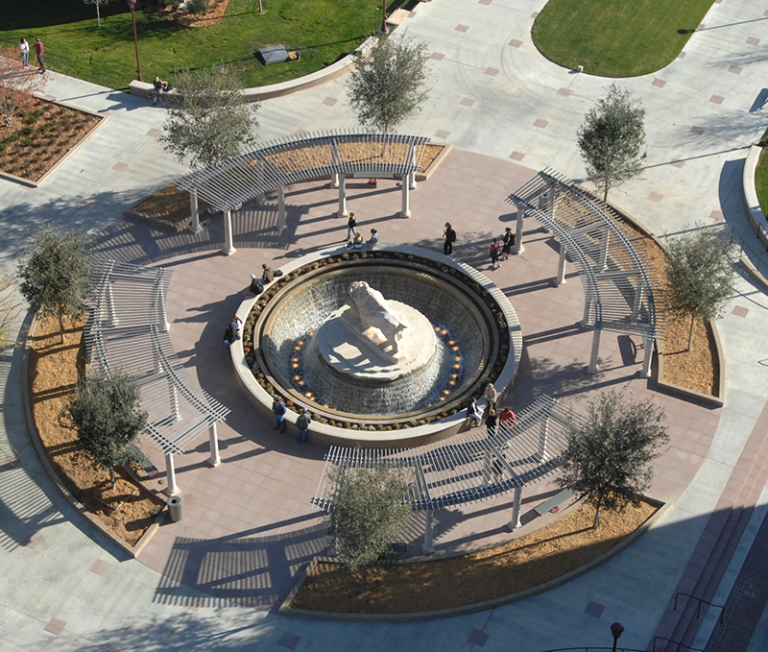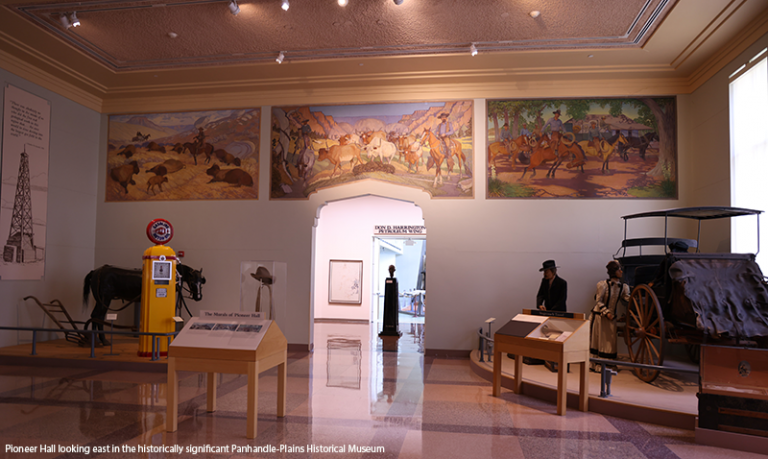The tone and content of messages promulgated by the university during stringent financial times are critical. Mila Kopumpilova reported in the St. Paul Pioneer Press that over $415,000 in bonuses were paid to executives at Minnesota state colleges and universities for excellent performance during the past year while people are being laid off and budgets are being cut. Tough message.
But Minnesota is not out there fiddling alone.
The California State University System is awash in furlough days. Faculty and staff — who may be asked to take as many as 24 furlough days next year — are not pleased with this ten percent gross pay cut. Students are upset about it, along with the accompanying tuition increases.
Higher education systems are laden with growing workforces, shrinking enrollments, splayed missions, a general lack of focus, and broken pension systems. They have been systematically pressured into bargaining processes that benefit the select few rather than the community, treating public universities as if they were private enterprise. We are putting people in positions of responsibility who are willing to bend, fold, staple, and mutilate the greater public welfare in order to avoid hard questions on campus.
Minnesota’s proposed bonuses logically, though erroneously, would indicate the university system is flush. This is an appearance. An apparition.
Real leaders would turn down the increases. I know how difficult that is. In the face of decreasing state resources and increasing state commitments, state employees cannot continue to expect blood from a stone. Leaders need to quit playing and to step up and protect the core mission of the university arm-in-arm with the “rank and file”.
But elected and appointed officials seem either not to understand simple arithmetic, or else they are willing to lay at someone else’s feet the problems that come from shortsighted decision-making.
Universities continue to take the easy route: denial. Some university executives show little understanding of budgeting or the impact of ill-considered commitments. Boards condone irresponsible behaviors. Institutions that have contributed to our national stature now undermine their own legacies.
Illinois is dancing close to the edge.
Moody’s Investors service said the State of Illinois “has long been characterized by unwillingness to enact the politically difficult fiscal measures needed to balance its budget and fund its pension plans.”
Other states face the same challenges, as over-promised retirement benefits are used to curry favor with key groups. It is common on many campuses to find executives and staffers also drawing federal or state retirement, thus saddling future generations with the expense of engorged benefits packages that are based on the salaries of pensioned retirees who are back on the job, double dipping at the public trough.
In Ohio, the practices are breaking retirement systems. Dennis J. Willard of the Akron Beacon Journal reported on June 10, 2010:
“About 32,000 state and local employees collected more than $1 billion in pension payouts last year on top of their government paychecks. Three-fourths of those dollars went to State Teachers Retirement System members.” He continues, “No one can stop educators from retiring at a young age, and superintendents say they would be fools not to take advantage of a pension system that permits them to retire and return to work”.
Patrick O’Donnell of the Cleveland Plain Dealer says, “More than 150 of the state’s 613 superintendents collect paychecks and pensions at the same time.”
Leadership’s disregard of both taxpayers’ investment and public welfare is stunning. If you want to work, work. If you want to retire, retire. Don’t bleed the state.
University leaders must act as thoughtful stewards, regarding the cost and quality of both the organizations they serve and the greater public good.
History isn’t kind to leaders who tend to their own needs, or those of an influential few, at the expense of their community.
Ask Nero.





No citations of SIUC doing any shady activity, so we must all be fine and dandy here? I just got done reading El Presidente’s message to the campus community. Funny how he didn’t mention how any coaches were taking furlough days. Oh, and he is gonna take the maximum number of days too. I think it was 6. What a guy, you know? In all seriousness, God bless Tony Williams. Tony, if you are out there, THANK YOU from the bottom of my heart. I will be looking in the D.E. for your next editorial.
I like the last paragraph the most.
Regarding recent administrative closures, it is evident to me that very few faculty members agree with the Faculty Association’s posture on administrative closures.
Apparently, however, we are bound by their unreasonable position. Is there a way for us–reasonable faculty members–to get the union to stop representing us?
MS
Again, thank you for this article. I hold the opinion that folks who do not own property or have children, i.e. young, impressionable, victims of propaganda filled brainwashing still vote with their emotions. They do not vote with long term interests, which would have, not only their best interests, but also the country’s best interests in mind. America is finding it very grueling to “pay the bills” right now. Middle class Americans, many of whom don’t even know the whys and hows of this juncture, but they do know that something isn’t right. This isn’t the America they thought it would be. Nothing is free. Someone has to pay the bills. The breakdown of the house made of sticks is happening right before us. It is a beautiful thing, painful, but beautiful. The correlation to higher education funding is obvious. Sorry for the unedited response here, I have to get back to work, I’m one of the suckers paying the bill.